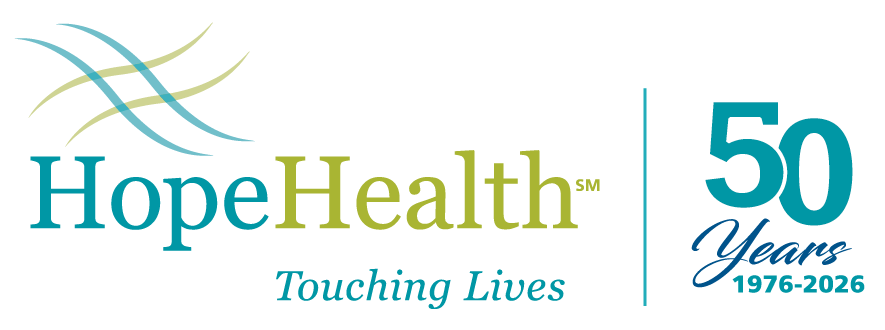Courses and Workshops
HopeHealth's wide range of educational courses for professionals and caregivers aim to empower our community with the knowledge they need to provide compassionate care.
To begin, kindly choose the course you wish to attend from our diverse selection. While some courses may not have scheduled dates, we encourage you to contact CommunityEducation@HopeHealthCo.org if you're interested in a course not currently scheduled. We are continuously expanding our course offerings and invite you to check back for updates. Furthermore, clinicians have the opportunity to earn educational credits through our programs.
Please note: classes labeled "Caregiver" are for family or community caregivers and are not eligible for Continuing Education credits.
To see unscheduled courses, visit Additional Course Offerings.
Upcoming Courses
Please note: all times are Eastern Time (US).
Pharmacological Management of Dementia: Current Standards and Emerging Therapies
Understanding Typical Aging and When to Seek Support: Clinical Insights for Healthcare Professionals
This course will help clinicians distinguish normal aging from early signs of dementia and other cognitive concerns. It covers practical examples, screening tools, and communication strategies to support older adults with empathy and clinical clarity. Participants will leave with evidence-based approaches to promote brain health, recognize red flags, and guide families through aging-related changes.
Comfort for Caregivers: Strategies for Dealing with Caregiver Stress
Caring for a loved one strains even the most resilient people. In this session of our Caregiver Confidence education series, we will discuss strategies for dealing with caregiver stress and learn effective ways to preserve your own health and well-being. Healthcare Professionals: please note this class is intended for family caregivers and is not eligible for CE credits.
Complex Care Conversations
Complex Care Conversations is a day-long interactive, small-group program for clinicians who treat individuals dealing with serious, progressive illnesses. Participants will learn how to navigate goals-of-care conversations to elicit patients’ values and preferences in a mutually transformative way for clinicians and patients when time matters most.
The Role of the Chaplain in Hospice Care
This course will shine a light on a critical but often misunderstood caregiving role on the hospice team: the hospice chaplain. We will demystify common misconceptions and assumptions about the work chaplains do. Participants should leave this course equipped to effectively partner with chaplains to meet the holistic needs of hospice patients, their families, and the medical professionals who care for them.
Cultural Views on Dementia and Caregiving
This course will examine the cross-cultural differences in how a dementia diagnosis is viewed and managed within families or communities, and the influence of cultural norms on caregiving roles and decision-making.
Accreditation
All continuing professional development activities were approved by the Northeast Multistate Division Education Unit, an accredited approver by the American Nurses Credentialing Center's Commission on Accreditation and the National Association of Social Workers, Rhode Island Chapter, applicable in both RI and MA.
